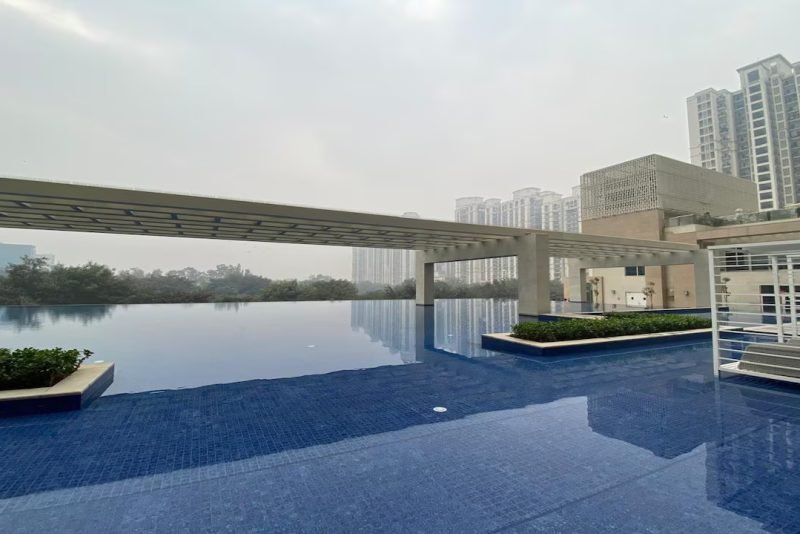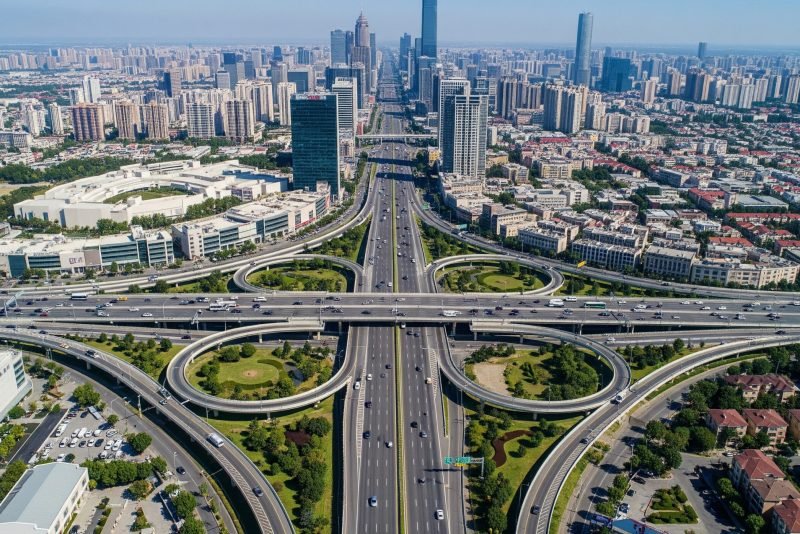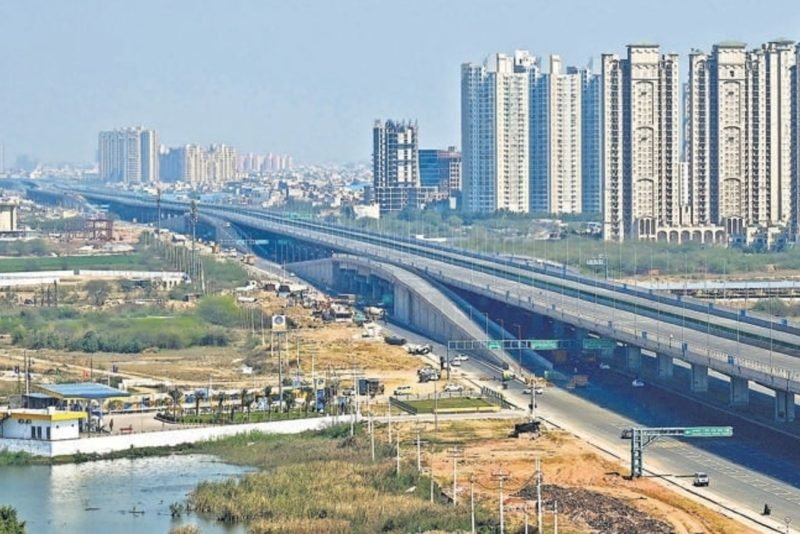Green and energy-efficient homes have gained immense traction in the past decade. The ideological vis-a-vis preference shift of homebuyers is ubiquitous and even more apparent post-pandemic. Knight Frank’s Global Buyer’s survey, conducted two years ago, clearly stated the growing buyers’ preference to invest in green housing projects. In the survey, 84% homebuyers stated that the energy efficiency factor in homes plays a vital role. Further classification revealed that 42% considered it a ‘very important’ determinant, whereas the other 42% deemed it as ‘important’.
The growing popularity of green homes can also be attributed to the wearing out of the misperception that ‘green homes are expensive’. The project cost of green homes is merely 1% higher than ordinary buildings, and the perks are too many. Homebuyers can save almost 30-40% on water and energy bills if they choose to invest in green buildings.
The mindset of realtors has also gone through a metamorphosis. The realty sector is embracing the green housing concept. India’s construction sector is responsible for 22% of global greenhouse gas emissions. Non-green buildings are producers of one-third of global greenhouse gases and consumers of 40% of the energy resources globally. Eco-friendly projects are popular and respected for their sensitivity towards environmental degradation and pollution. Water harvesting, usage of solar energy, emphasis on expanding the scope of green spaces in a residential offering, natural lighting, systematic waste management and implementing 3R principles are some of the top features of a green housing project.
Manoj Gaur, President Credai NCR and CMD, Gaurs Group, says, “We have always provided an impetus to the green building ecosystem in India. In our latest move, CREDAI National had committed to accomplishing net zero targets by 2050 at our annual NATCON event last year. CREDAI developers have pledged to reduce the sector’s carbon footprint by 25% before 2030. As an organisation, we have always supported the idea of green and eco-friendly projects which cause nominal harm to the environment. There is a noticeable change in the preferences of end-users as well. Homebuyers are increasingly showing an interest towards investing in sustainable housing projects which are energy-efficient in nature.”
Rohit Mohan, Senior Vice-President, BPTP Group, says, “Green Eco-friendly residences achieve a balance between well-established techniques and latest green living ideas. The IGBC-certified green homes respond to the need for the housing industry to take thoughtful steps toward sustainable living to leave a better planet for future generations. Trends depict that green projects are preferred by a large section of homebuyers in India because of their energy efficient qualities, use of organic construction materials, implementation of sustainable green ideas and principles to lessen the environmental effect of developing new structures. These aspects are acting as a huge motivation factor for realtors to launch sustainable residential projects.”
What is IGBC?
The Indian Green Building Council (IGBC) is a Green Building rating agency which strives to augment green construction and building practices across the country and position India as one of the international frontrunners in forming a sustainable building ecosystem by 2025. Formed as a part of the Confederation of Indian Industry (CII) in 2021, the IGBC has devised various green building rating programmes for different housing categories and residential apartments, certification services and green building training programmes. The market potential of green housing raw materials and technology is projected to be around $300 billion by 2025, according to IGBC.
What are IGBC-certified residential projects?
IGBC-certified residential projects are green group housing establishments/dwellings that adhere to the organisation’s green building criteria, principles and standards. The implementation of Facility Management, Sustainable Water measures, Energy Conservation, Waste Management methods and other inventive toolkits are the prerequisites to be certified as an ‘IGBC certified residential project’. The advantages of living in an IGBC-certified residential project are cost cuttings of 20-30% in the use of energy and electricity, a 30-50% reduction in water wastage due to the use of recycled water, and less construction-based pollution, which unequivocally improves the living equity and sustainability of a housing project.
Government Incentives for IGBC-certified projects
The IGBC’s sustainable building movement has received impetus from Central and State governments. IGBC-rated Green Buildings are at the receiving end of many benefits and incentives promulgated by the government. The Ministry of Environment, Forest and Climate Change (MoEFCC) has fast-tracked environmental clearance to IGBC’s Precertified/ Provisionally Certified green building projects.
Nayan Raheja of Raheja Developers says, “Green buildings are the future of the Indian realty landscape. Green residential societies conserve energy, electricity, and water resources, which should be preserved from depletion. A reassessment of construction activity should be done, and sustainable construction materials should be used to reduce greenhouse pollution, especially in the NCR. The adoption of eco-friendly building practices has far-reaching consequences. It will benefit the realty sector, remove its rigid dependency on input materials steel and cement, ramp up cost-efficiency, and set standards of healthy building practice culture in the realty sector.”
Projects which have received IGBC Gold and above-rated certification can enjoy an additional exemption of 5% on Floor Area Ratio (FAR) charges as ratified by the Government of Uttar Pradesh (Housing and Urban Planning Department). The Greater Noida Industrial Development Authority (GNIDA) also offers the same incentives for projects rated Gold and above by IGBC in Greater Noida.
Source : FE




